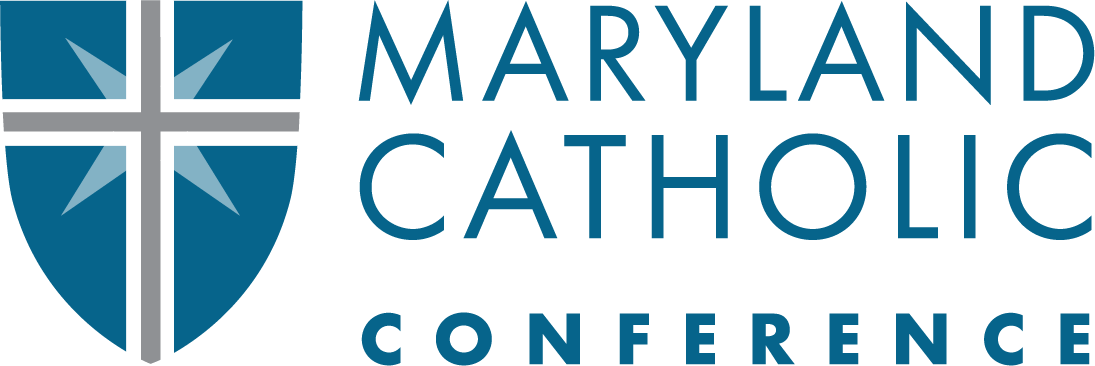Favorable
Committee: Appropriations
HB 0407
The Maryland Catholic Conference offers this testimony in support of House Bill 407. The Catholic Conference is the public policy representative of the three (arch)dioceses serving Maryland, which together encompass over one million Marylanders. Statewide, their parishes, schools, hospitals and numerous charities combine to form our state’s second largest social service provider network, behind only our state government.
House Bill 407 would enable the Department of Human Services to provide food supplement benefits to students enrolled in an institution of higher education and who are Maryland residents. To qualify, they must be enrolled for at least 15 credit hours per year and meet an income-eligibility threshold. The bill also mandates funding for the program.
The Church is a strong and steady voice for programs that help alleviate poverty and its effects, stating that “[o]ur commitment to the dignity of every person requires a special concern for those who are poor and vulnerable, whose needs are greatest, and whose lives and dignity are often threatened by hunger, poverty, and suffering.” (For I was Hungry and You Gave Me Food: Catholic Reflections on Food, Farmers, and Farmworkers, United States Conference of Catholic Bishops, 2003)
The Conference historically and routinely supports legislation aimed at addressing food insecurity and other such poverty ailments among vulnerable and often marginalized populations in the state. A common misconception is that a student pursuing higher education means that they or their families are financially secure. In reality, this is not always the case, as students are often unable to escape the burdens of poverty in all educational grade levels and pursuits. Students at colleges and universities who face food insecurity and hunger often exist in the shadows, especially when support systems are either inadequate to address the need or not in place at all. House Bill 407 would help to address this serious and overlooked concern, especially for students who may be additionally vulnerable due to other factors such as citizenship status, familial instability, or other economic barriers, including homelessness.
The Conference appreciates your consideration and, for these reasons, respectfully requests a favorable report on House Bill 407.
